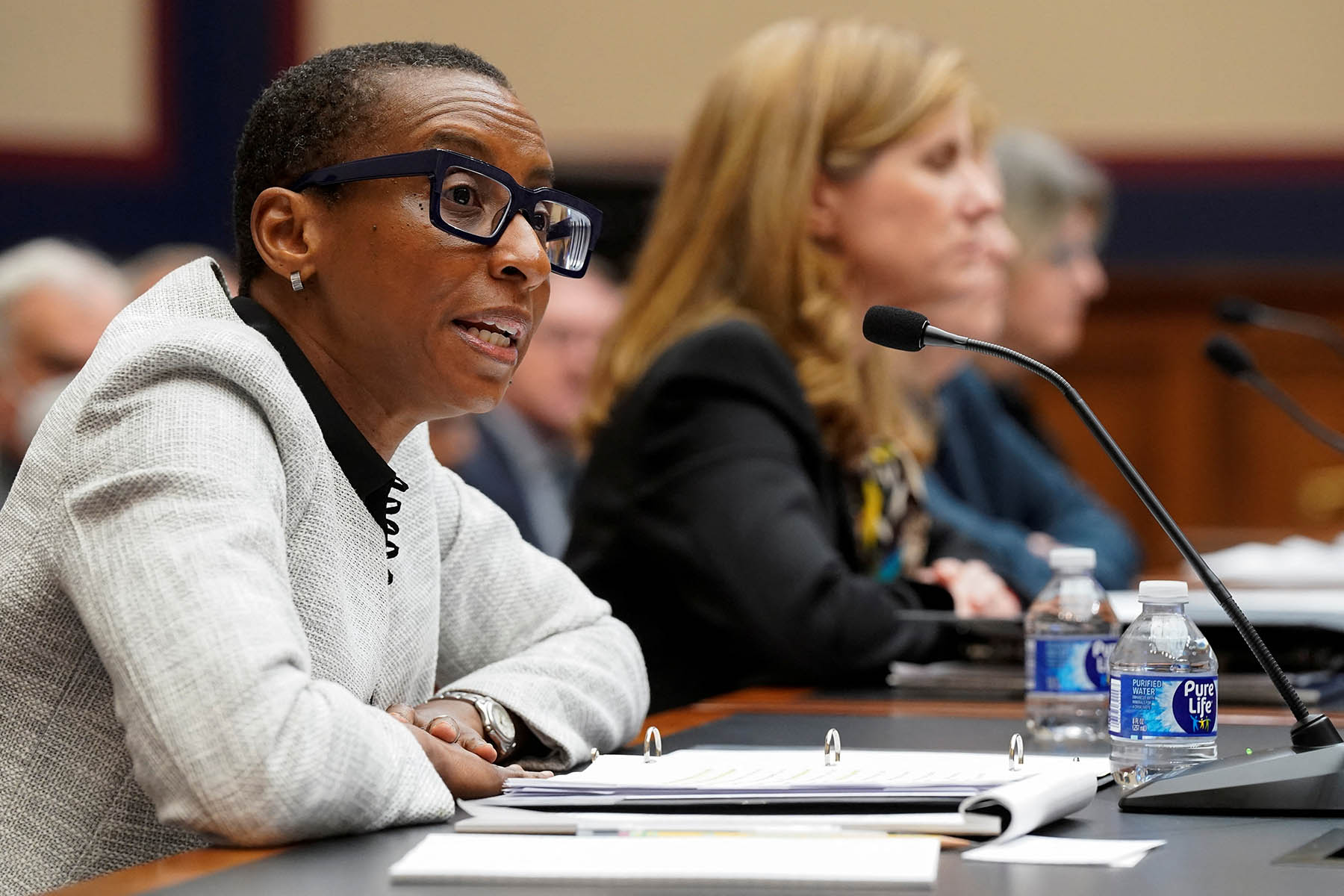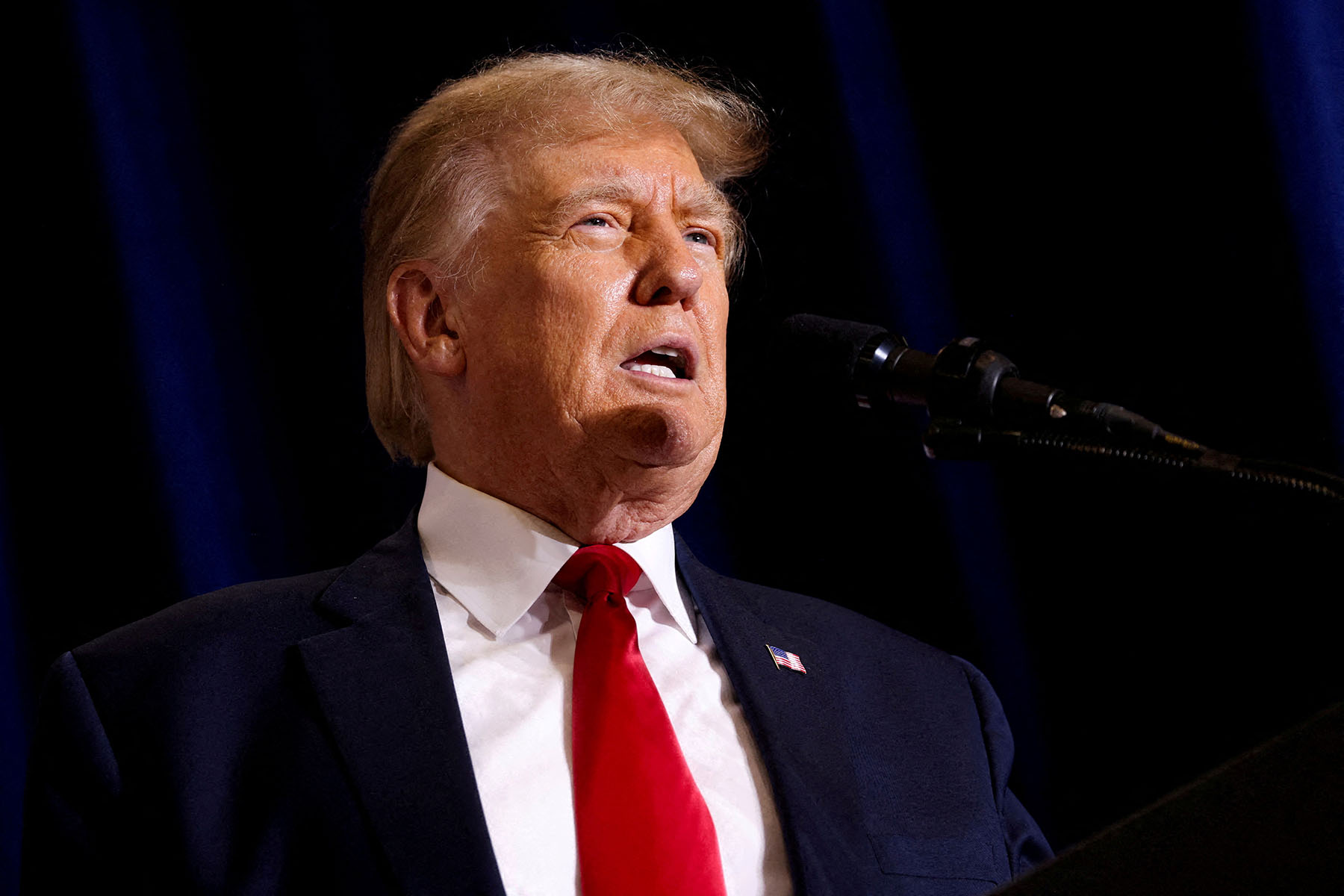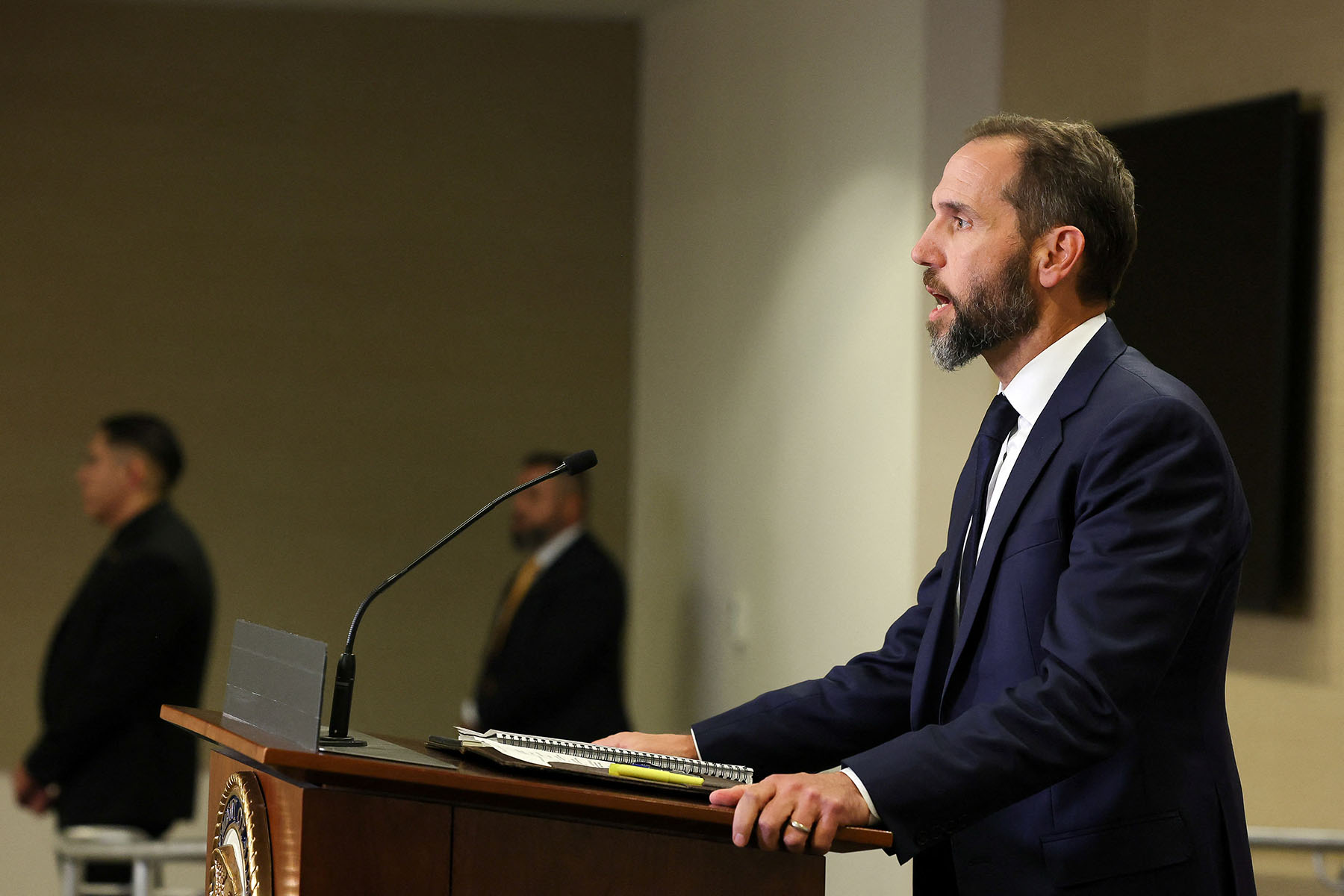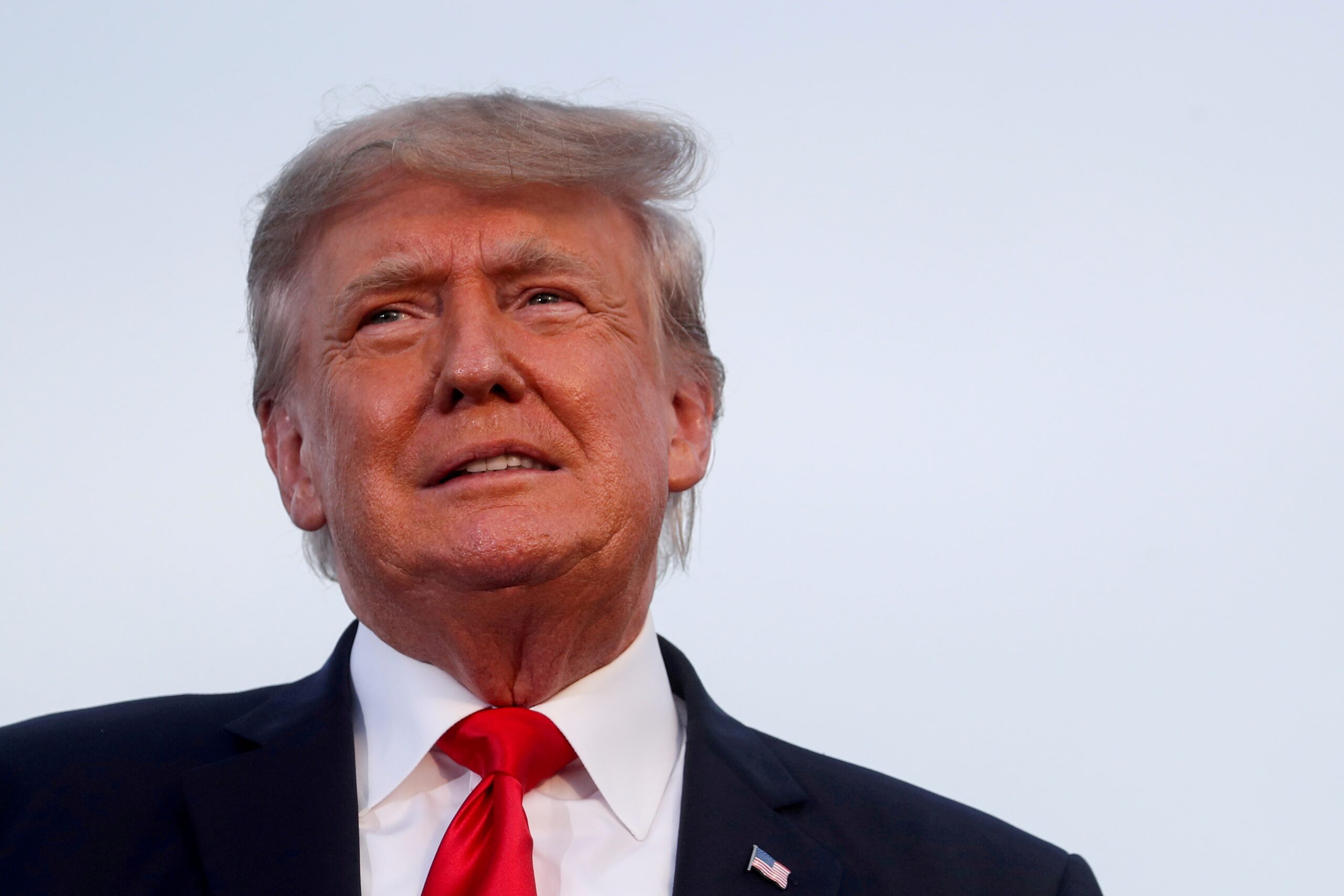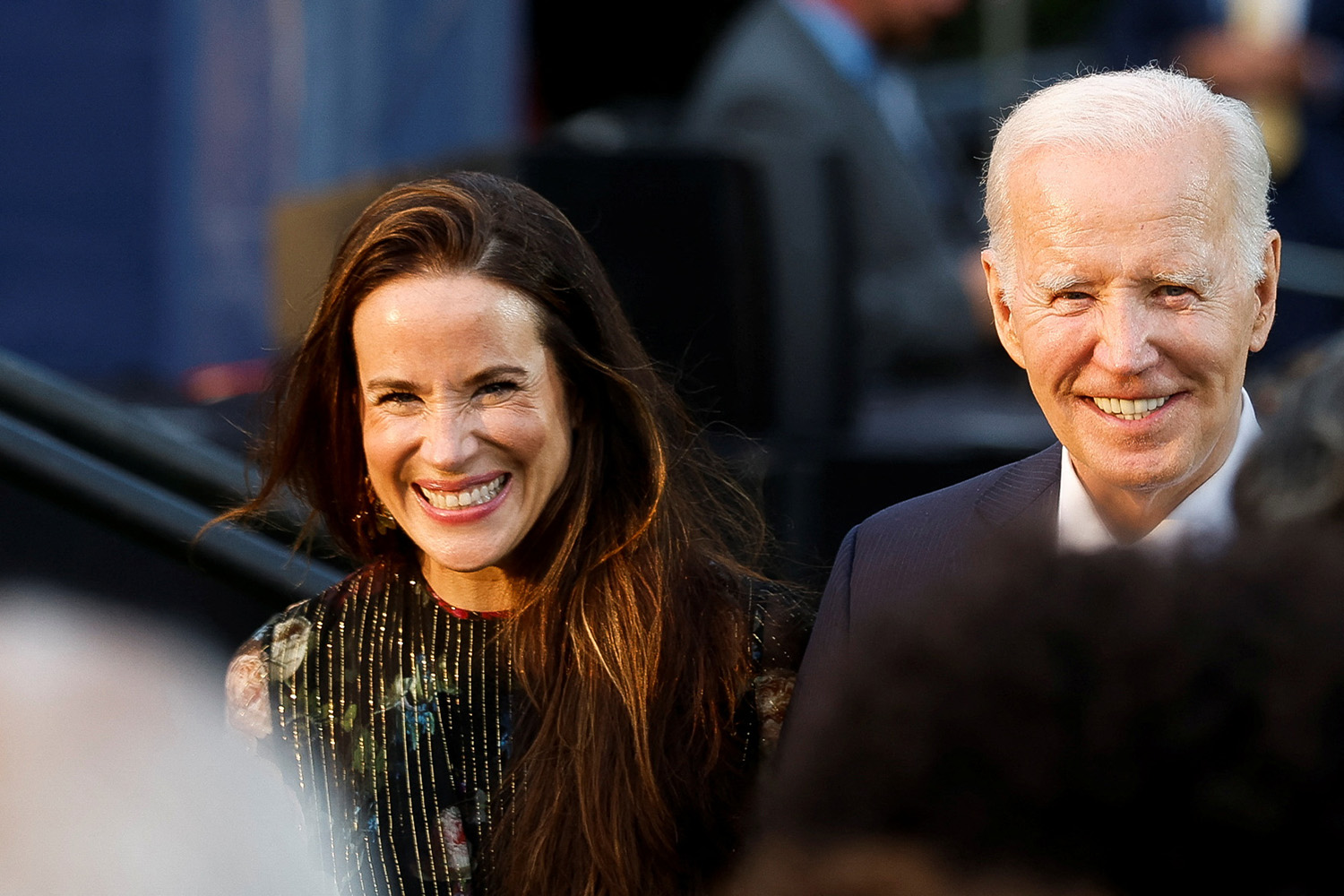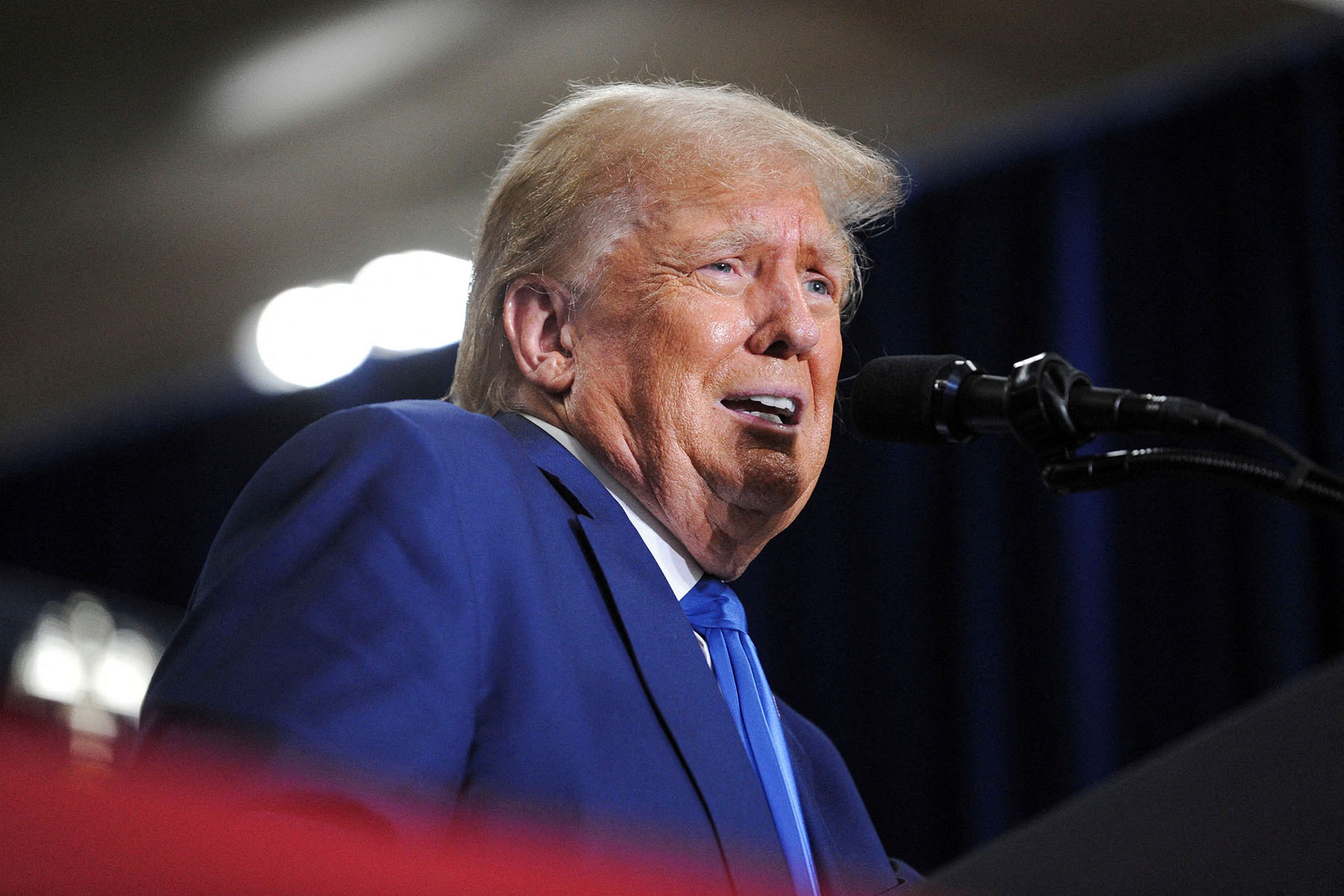Harvard President Resigns Amid Plagiarism Claims, Antisemitism Testimony Backlash
Following the congressional hearing, Gay’s academic career came under intense scrutiny by conservative activists who unearthed instances of alleged plagiarism.
Donald Trump Is Expected to Appeal the Colorado and Maine Rulings Banning Him From Primary Ballots
Trump would appeal the Colorado Supreme Court ruling to the U.S. Supreme Court and the decision by Maine’s Democratic secretary of state to that state’s Superior Court.
Judge Blocks Most of an Iowa Law Banning Some School Library Books
Judge Stephen Locher’s preliminary injunction halts enforcement of the law, which has already had resulted in the removal of hundreds of books from Iowa schools.
Prosecutors Seek to Bar Trump From Injecting Politics Into Federal Election Interference Trial
Special counsel Jack Smith office told Judge Tanya Chutkan that Trump’s lawyers should be prevented from “raising irrelevant political issues or arguments in front of the jury."
Michigan Supreme Court Will Keep Donald Trump on 2024 Primary Ballot
The court said Wednesday it will not hear an appeal of a lower court’s ruling from groups seeking to keep Trump from appearing on the ballot.
As Social Media Guardrails Fade, Experts Warn of Impacts on Elections
Many Americans, egged on by former President Donald Trump, have continued to push the unsupported idea that elections throughout the U.S. can’t be trusted.
Project Veritas’ First Amendment Claim Rejected in Case of Biden’s Daughter’s Diary
Criminal prosecutors may soon get to see over 900 documents pertaining to the alleged theft of a diary belonging to President Joe Biden’s daughter.
Supreme Court Rejects Push to Fast-Track Ruling in Trump’s Election Subversion Case
The ruling is a scheduling win for Trump and his lawyers, who have sought repeatedly to delay the criminal cases against him as he campaigns to reclaim the White House in 2024.
